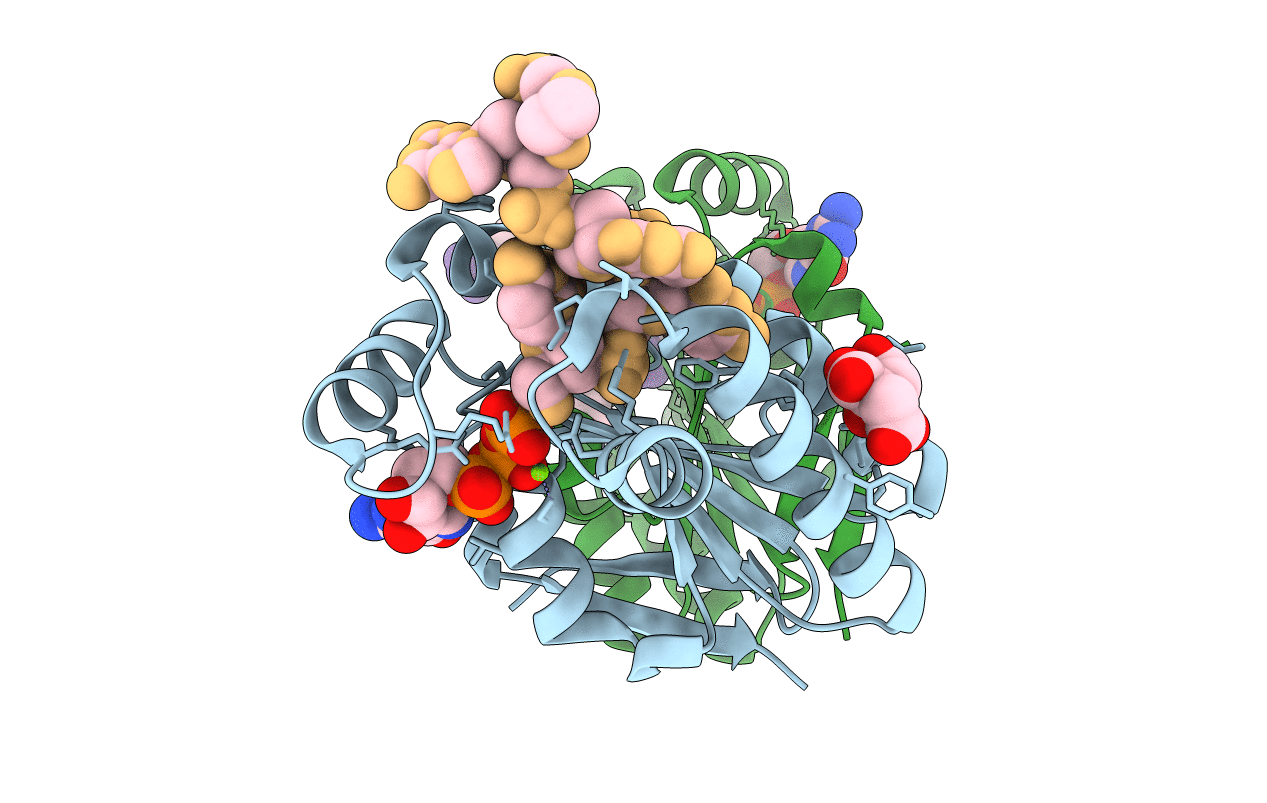
Deposition Date
2013-08-22
Release Date
2013-11-06
Last Version Date
2024-02-28
Entry Detail
PDB ID:
4MDF
Keywords:
Title:
Structure of bacterial polynucleotide kinase Michaelis complex bound to GTP and DNA
Biological Source:
Source Organism(s):
Clostridium thermocellum (Taxon ID: 203119)
Expression System(s):
Method Details:
Experimental Method:
Resolution:
1.73 Å
R-Value Free:
0.19
R-Value Work:
0.16
R-Value Observed:
0.16
Space Group:
P 21 21 21


